

Last time we started with a very basic concept: what’s an esport? Our current definition is as follows:
eSports are any virtual game played by people who are paid to play the game for a living (which we will refer to as “virtual athletes”) that has publicly broadcasted, competitive matches. Virtual athletes do not just make a living from tournament winnings, but from a full time salary paid for by a sponsor. If a game has virtual athletes who can get a visa from the US government for being an athlete, the game’s competitive scene qualifies as an esport.
However, what does that mean about or to the athletes and businesses out here?
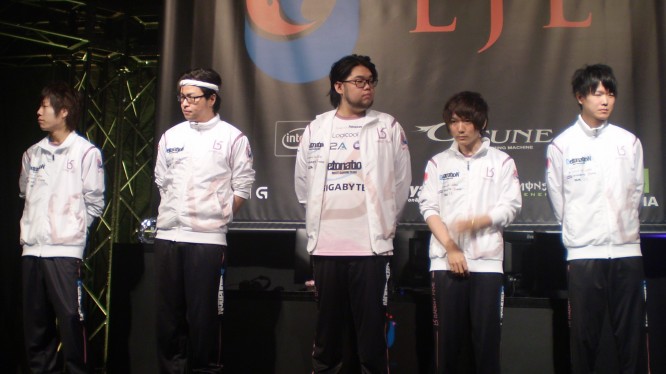
Looking at esportsearnings.com, we can see that, unsurprisingly, fighting games top the charts. The problem, though, is the fighting game folks (at least from my research) in Japan aren’t paid to play full time, so they wouldn’t be able to get a Visa as an athlete. If fighting games aren’t eSports as westerners understand them, what are? Hint, if you thought Star Craft 2 would be on the list, you might be disappointed. CyAC sent someone to ESWC 2012 for the SC2 tournament, but there were only three Japanese competitors. That was also the last year SC2 was at ESWC, as it was replaced by DOTA2. Hearthstone and some FPS games, like Counter-Strike, are on the list, but again, these games didn’t have any salaried teams that I could find.
For the moment, from the definition I used earlier, and after contacting several people, including representatives for Akihabara eSports Center and their partner Sanko, CyAC, and a group known as “Japanese Competitive Gaming” (JCG)which semi-recently announced teaming up with ESL to introduce eSports in Japan, I have to say eSports, from a western perspective, is limited to just League of Legends. JCG didn’t return my inquiries, nor did Sanko (unless they felt Akiba eSports’ participation was enough), so I could be wrong, but through my own research, the only game where a Japanese player can be paid to be a full time, professional gamer is LoL. However, the scene isn’t very big.
First, you have Team DetonatioN. They had not one, but two teams they sponsored for LoL, both of which participated in the LoL tournament I saw. At the time of this writing, the members of their teams are the top 100 highest paid eSports athletes (based on tournament winnings, not their salary), and after only one match, with some being in the top 20. However, due to some Riot League rules (page 11, section 3.1), RabbitFive became their own company/team separate from Team DetonatioN and their winning team, FocusMe. With only six teams, having two teams having been sponsored by the same organization feels odd. It stood out. The only other sponsored team is Rascal Jester, who is very much unlike most other eSports teams. While Team DetonatioN is mostly what you’d expect (they eat candy, have people cook for them, practice in both group queues and solo queues) Rascal Jester is quite different.
As many readers probably know, most eSports athletes tend to retire in their mid 20s. While most of us are just starting to get into our careers, their first one is ending, and not always for the best. Unless you made (and saved) some big money, the question is what to do next? Both of the professional teams (and even organizations) I contacted noted that their athletes don’t really speak English and use other tools to learn their game of choice. Like any western gamer, they need to have marketable skills for when they retire, which is important since several of the professional at the IWCI were over 25, the oldest having been 27.
All my contacts noted that this was the biggest problem with starting eSports in Japan. I think CyAC best summarized what everyone was saying though: “If it doesn’t provide a living then anybody (Japanese or not) has to prioritize other things. If you cannot prioritize gaming then you will find it hard to be the best. As with any sport, skill deteriorates over time.” In short, there’s not much of an eSports scene because it doesn’t provide a living. Since it doesn’t provide a living, people can’t develop the skill to compete on a high level. If someone can’t continue to practice on a high level, they’ll lose their skills.
This is why Rascal Jester makes its team members have a full time job: checking bugs in social games. It’s a slightly related skill, so the team members are adding a little to society and (hopefully) giving eSports players a better name. Of course, the problem is that it doesn’t avoid the issue that CyAC noted. Rascal Jester noted that on work days, they only have time for team practice, so self development only comes on their days off, where team members spend about 10 hours a day on both solo and team play. They also mention that it’s doubtful “w]hether the fact that [they] have regular occupation has a good effect on [their] spirits or not[…] LoL may be [a] world-famous eSport, but there is no server in Japan so ordinary Japanese people don’t know LoL very much, and most of them don’t have a good impression of games [in general].”
Though happy for Team DetonatioN, being a good team that works hard at a real job seems to affect team Rascal Jester’s short term goals. While they’re certainly among the best LoL eSports athletes, the LoL scene is so small that CyAC (who specializes more in fighting games, shooters, and the competitive console scene in general) wasn’t even aware that LoL even had a scene yet. This interview took place after the IWCI tournament, not a small event, so missing out on this information says a lot about how fractured the competitive gaming scene here is.
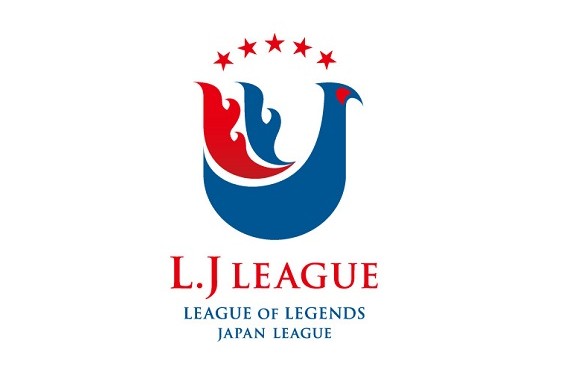
For this article, I contacted CyAC, Akihabara eSports Center and their partner Sanko, and a group known as “Japanese Competitive Gaming” While I did my own research and had previously worked with Akiba eSports/Sanko, they had little to nothing to add from our previous interview, and JCG did not return any answers to the questions posed to them.
That being said, from our original definition of eSports being something with salaried virtual athletes, CyAC is not home to eSports as westerners may view them. CyAC by Japanese definitions probably houses more eSports tournaments for more games, but as of this writing, LJL’s website receives almost three times as many hits as CyAC’s. However, LJL and Sanko also had no comment on JCG, which CyAC also wasn’t aware of, even though it makes about half as many hits as LJL’s site.
The general impression that I got was that each organization is working with their own communities, largely ignoring competitors but focusing on overall gaming events (such as Tokyo Games Show). For example, Akihabara eSports Square, a game cafe specializing in providing eSports support with their partner Sanko INC, has tried to move the scene out of the shadows the best they can, but growing a community can be difficult, especially when popular opinion looks down on your broad specialization (games). To help with this, their website includes updates to various online games, such as translated patch notes for games with no Japanese client (like Heroes of the Storm). There are fan wikis that do this too, but it’s just one way they help grow their community.
It doesn’t stop there though. Their PR team also pushes harder to make themselves known, which is probably why they get the most page hits. They are not only the reason I was able to cover the LoL International Wild Card Invitationals qualifying match, but perhaps the biggest link I’ve found in understanding the Japanese LoL scene in general, as Riot has been tight lipped about their Tokyo branch and its goals since opening in April 2014. Along with KaiKaiKaiSauce’s reddit posts, Akiba eSports Square’s events are the best way to see how the scene is developing.
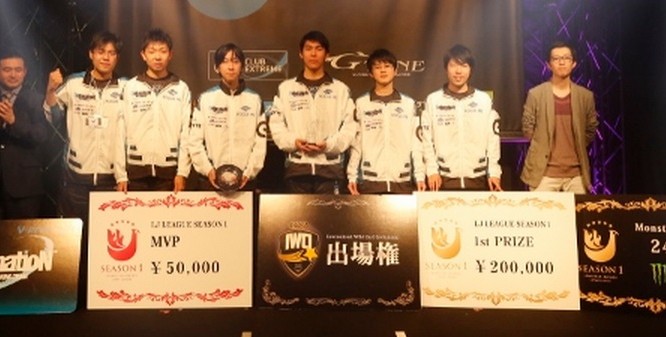
While Japan has many fighting game pros, it doesn’t seem to have any that would qualify as professional athletes under the USA’s definition needed for a person to receive a Visa as an athlete. The ability to be recognized as a professional by law is the reason I felt we had to find a hard definition for the term eSports. After all, anyone can say they’re a critic, but you’ll only really trust them as a professional if that’s literally their profession. You can be a good amateur, but that’s not what we’re discussing in these articles. We’re looking at eSports as a respected past time, and sadly, in Japan, it’s not there yet.
While there are paid, professional Japanese eSports athletes, they’re few and far between. Partially due to the lack of PC gaming culture, partially due to not being seen as contributing members of society, pro gamers in Japan are looking at an uphill battle. The companies making the games they love aren’t supporting the scene, and those trying to cultivate the scene seem largely ignorant of other organizations who may even be their competitors.
However, all this is easy enough to say. Seeing the eSports scene in action obviously would help you readers gain a better appreciation for what’s going on here, so next time, we’ll discuss what happened at the Japanese International Wild Card Invitation, not from a winner vs. losers perspective, but from a social event perspective.
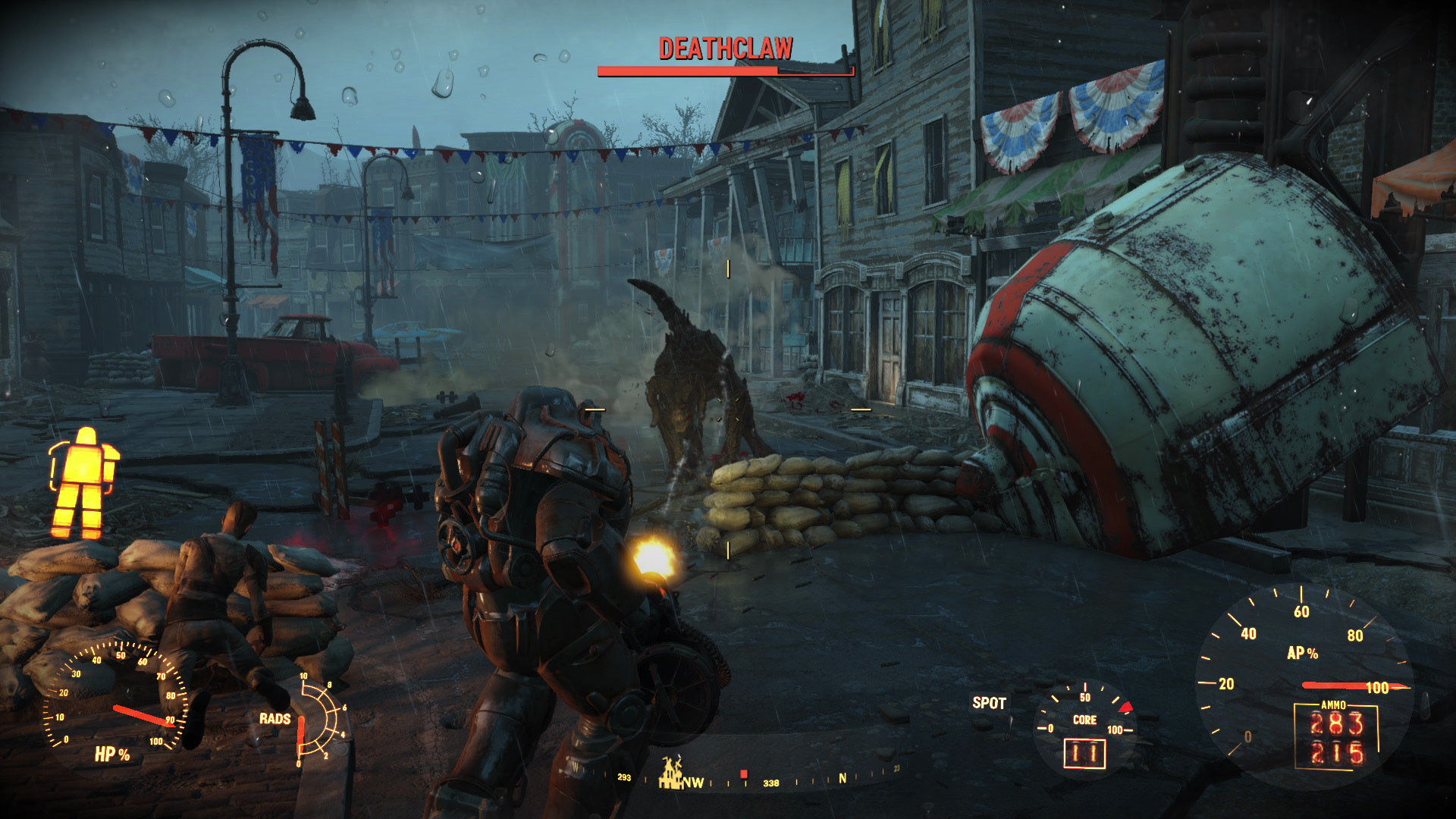
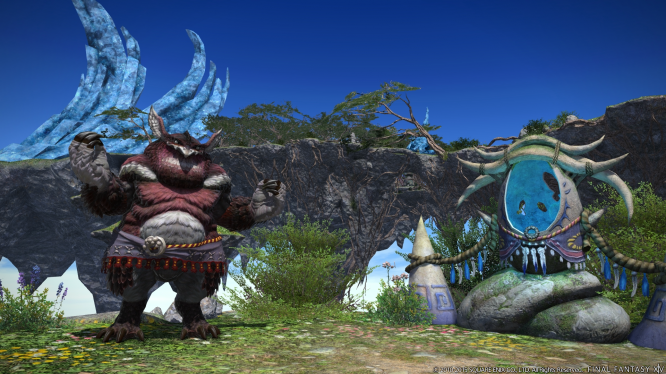

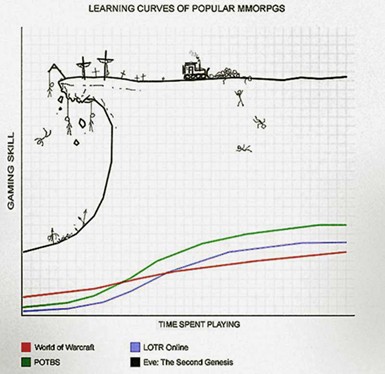
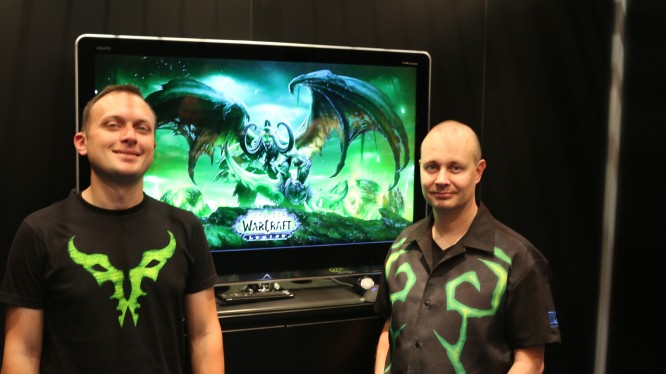 World of Warcraft Legion Gamescom Interview .
World of Warcraft Legion Gamescom Interview .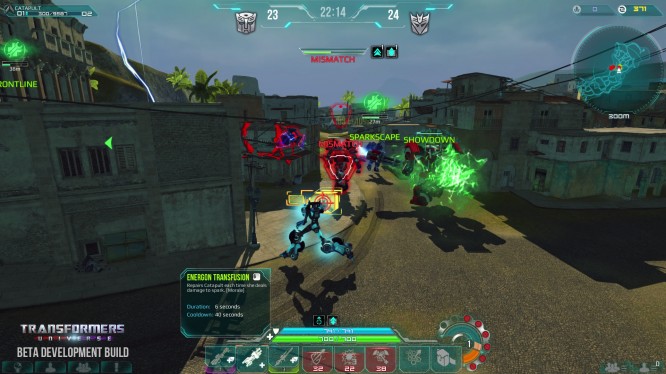 5 Great Ways to Celebrate Video Games Day .
5 Great Ways to Celebrate Video Games Day .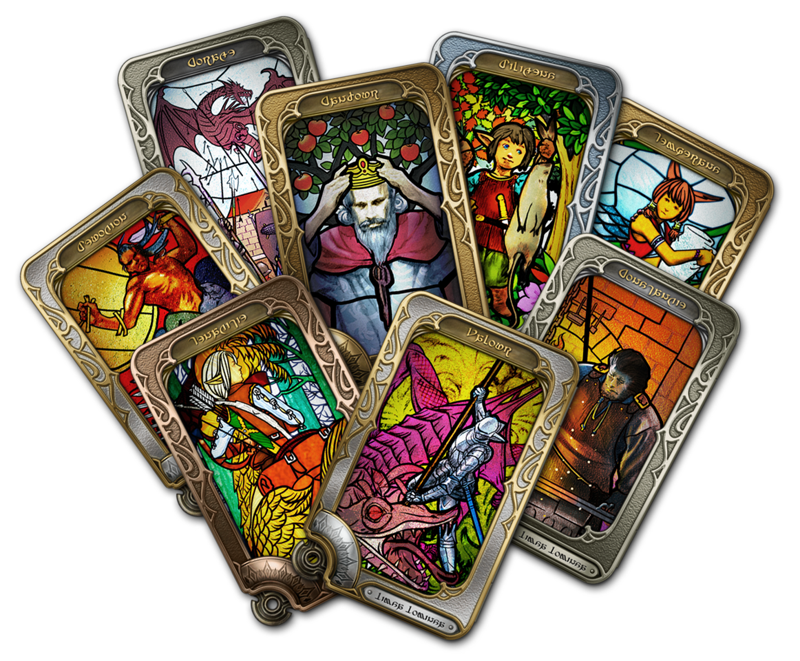 Eorzean Evening Post: Celebrating All Saint’s Wake .
Eorzean Evening Post: Celebrating All Saint’s Wake .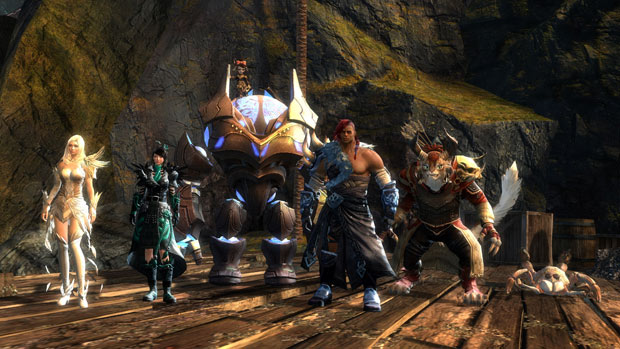 The Tyrian Chronicle: Opening the Gates of Maguuma .
The Tyrian Chronicle: Opening the Gates of Maguuma . WoW Wednesday: Warlords of Draenor
WoW Wednesday: Warlords of Draenor